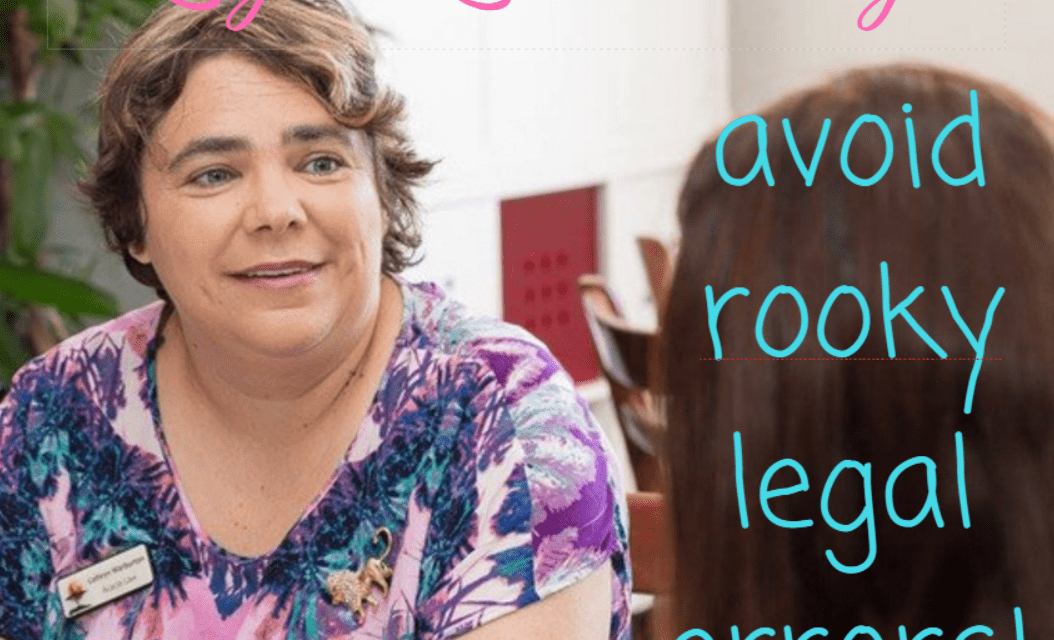What Should You do if Your Social Media Post gets breached?
Copyright law prohibits someone from misusing your copyright, but what about Social media laws? A lot of “sharing” and “re-posting” occurs, but can someone post your material as their own?
The use of Social Media has been increasing, and so has online piracy and theft. Unfortunately, many people on the internet do not have awareness regarding online copyright infringement.
From time to time, my clients complain that they have found their own Facebook posts or photos, imitated and reproduced without their consent on some random social media platform.
Is there anything you can do to prevent that from happening to you?
Copyright Notice
To discourage infringement, display a copyright policy on your website or blogposts. By doing so, you are securing your content for future and if someone tries to reproduce it without your permission, it is easier to stop them.
Infringers are also less likely to copy material that is marked with a copyright symbol
Effective Evidence
If you want to take legal action, you will need to provide evidence that the content that has been breached was your own intellectual property.
Keeping drafts and notes of when you create your new material, can assist with this, as can having a copyright notice on your material.
Positive Posting
People tend to be more likely to make unauthorised use of social media posts (as opposed to blog posts). Keeping most of your material in your blog and creating a link from your social media account to your blog, can reduce the risk of unwanted copying.
Six Strategies For Successfully Stopping Fakers
There are generally six options :
1. . Report – Most social media platforms have a “report abuse” option. Often using that function will result in the offending post being removed. Of course, that is unlikely to stop repeat offending.
2. Refer – If the copying takes place in a social media group, referring the matter to the administrator of the group can often resolve things. The administrator will generally ask the person to remove the post and not to copy again.
3. Write – You could write to the infringer yourself. You would need to be careful to make sure that you do not inadvertently say something that puts you in a bad position (I had a client once who tried to be “friendly” in a similar situation and accidentally ended up giving up his rights because he did not realise that the words he used had a specific legal meaning detrimental to him).
4. Royalty opportunity? – Consider whether you can work with the “infringer”. Sometimes an infringing situation can be turned into an opportunity for you to earn royalties. Just a few months ago, a client of mine was accused of infringing Apple Inc.’s intellectual property and we managed to get a settlement that included our client becoming a licensed seller of genuine Apple products.
5. Ramp it up – Talk to an intellectual property lawyer to see if taking legal action, or getting them to send a formal letter of demand, is worth it in the circumstances. Each situation is different and knowing your legal rights can be useful.
6. Roll over – Sometimes the infringement is inconsequential or for other reasons it is simply not worth worrying about, and you can refuse to engage.
Book a free 15 minute telephone consultation with Cathryn by clicking this link to Cathryn’s calendar
Cathryn Warburton is an international award-winning solicitor, patent attorney, mentor, author and speaker. She is The Legal Lioness with a passion for safeguarding her clients’ business and intellectual property interests. She founded Acacia Law when she realised that law firms run by old men were too inflexible to empower her to tailor her legal solutions to each client’s needs. www.acacialaw.com
* Please note that this blog is provided for general informational purposes only. Each legal situation differs. Reading this blog cannot replace obtaining specific legal advice. We recommend that you obtain legal advice for your specific situation.





